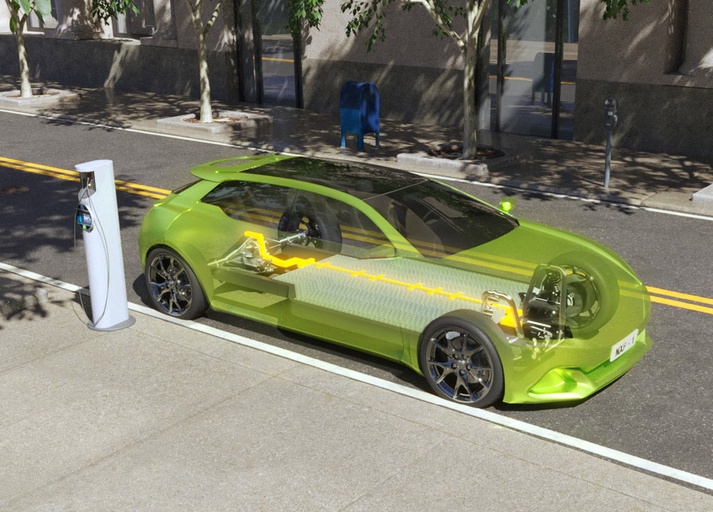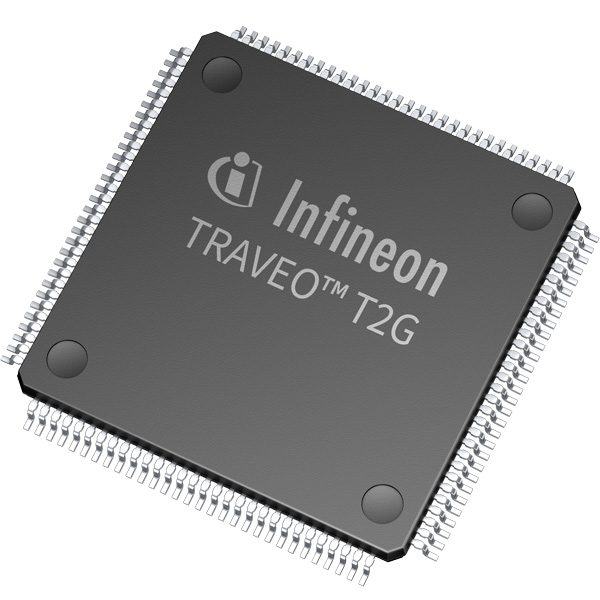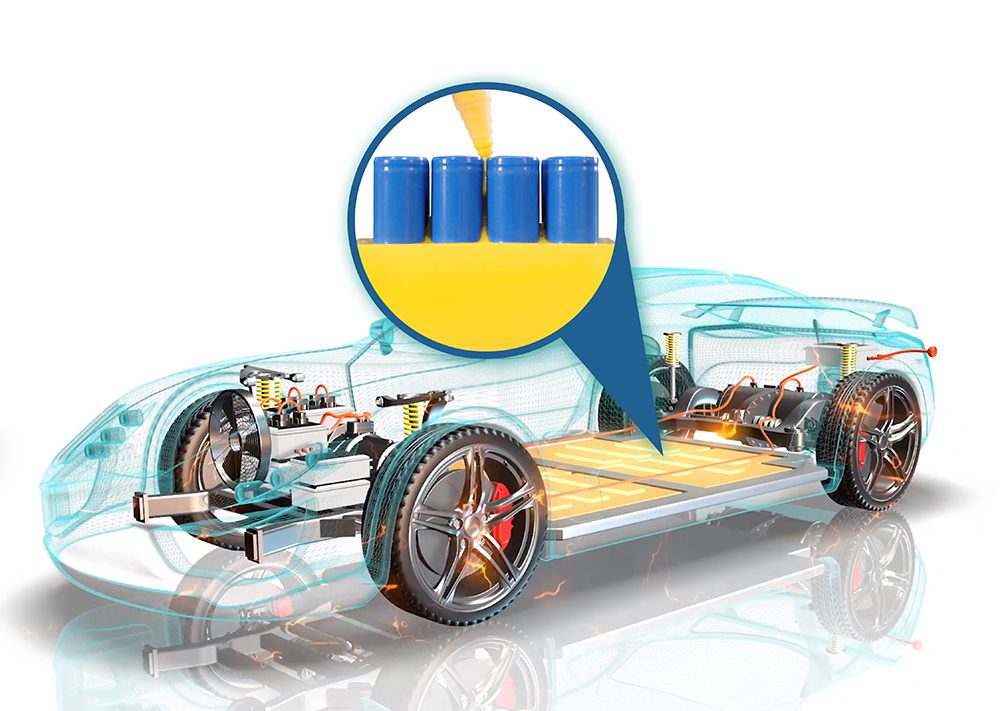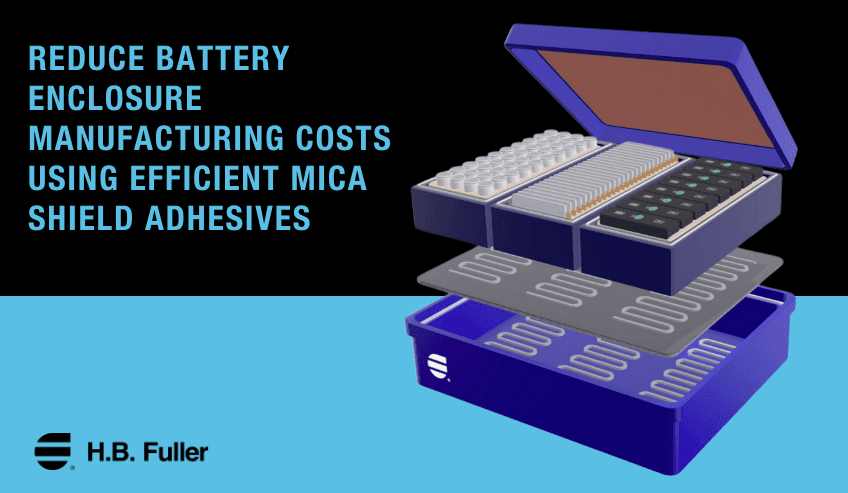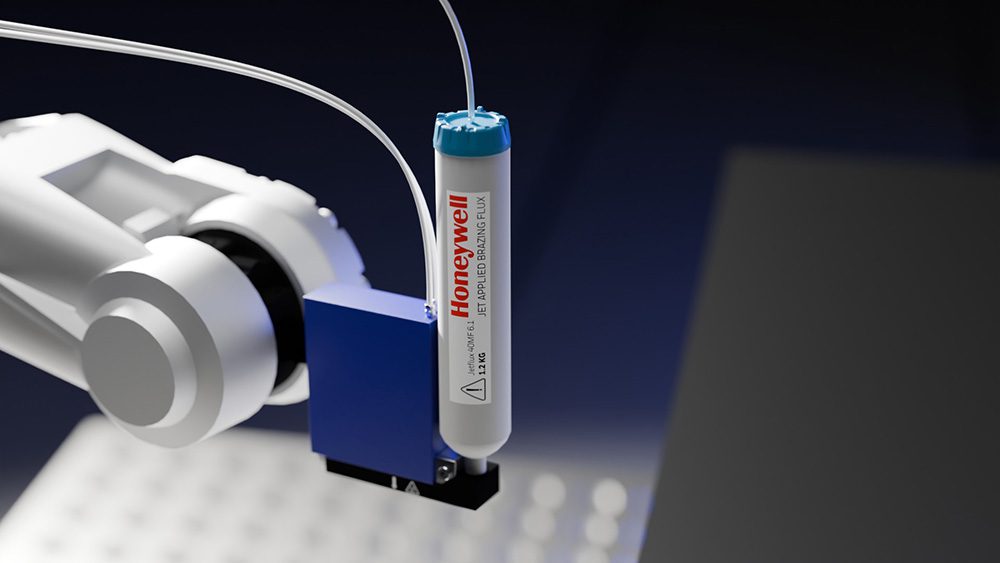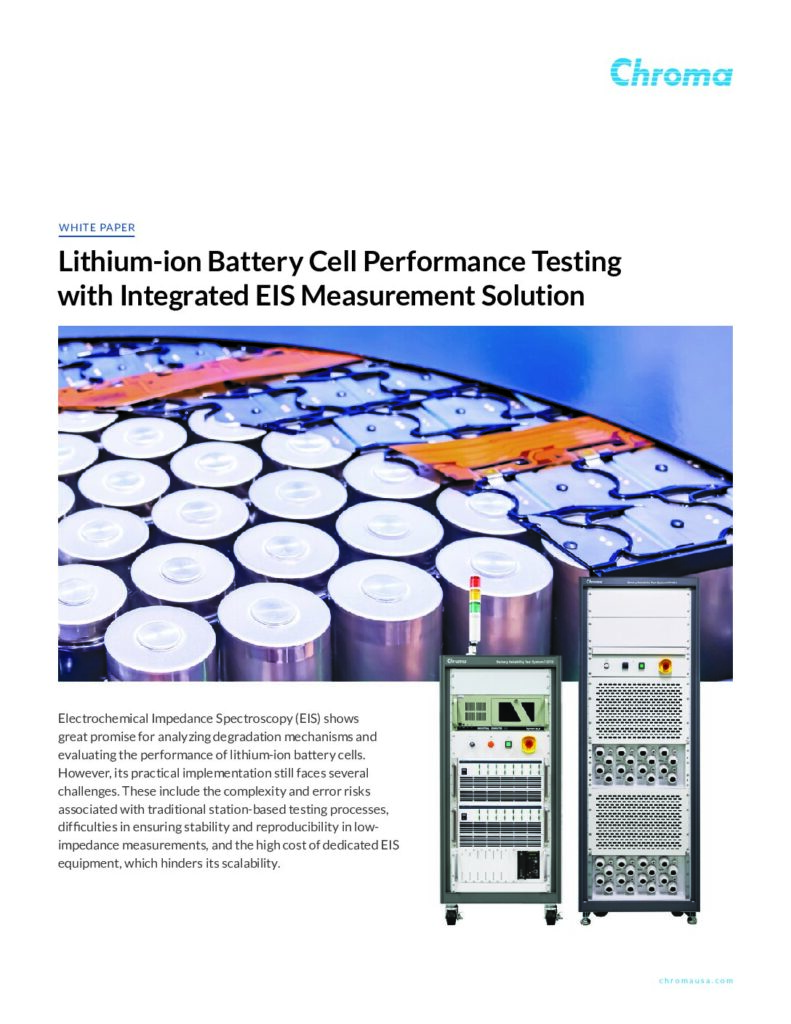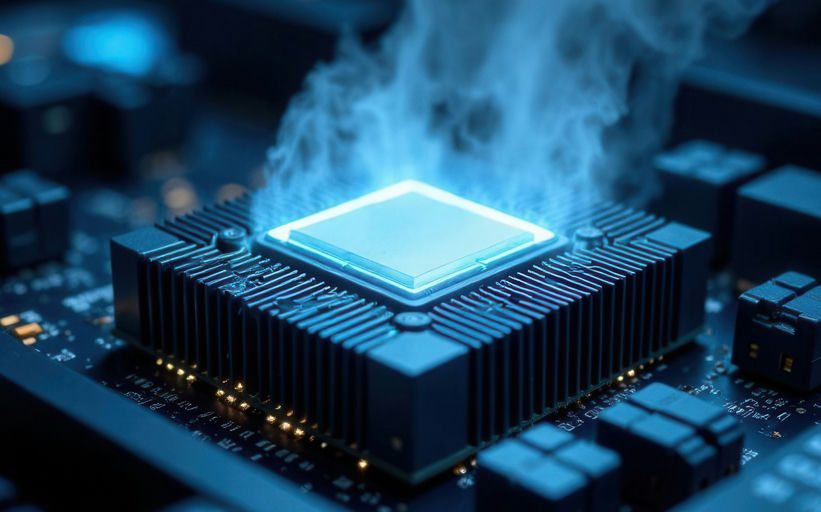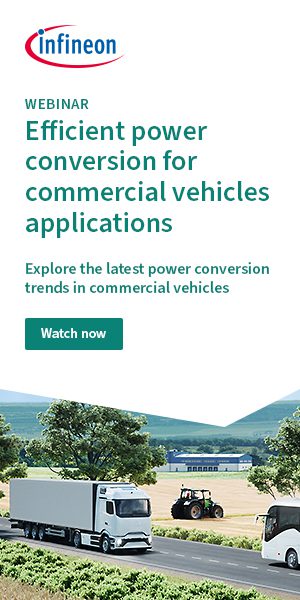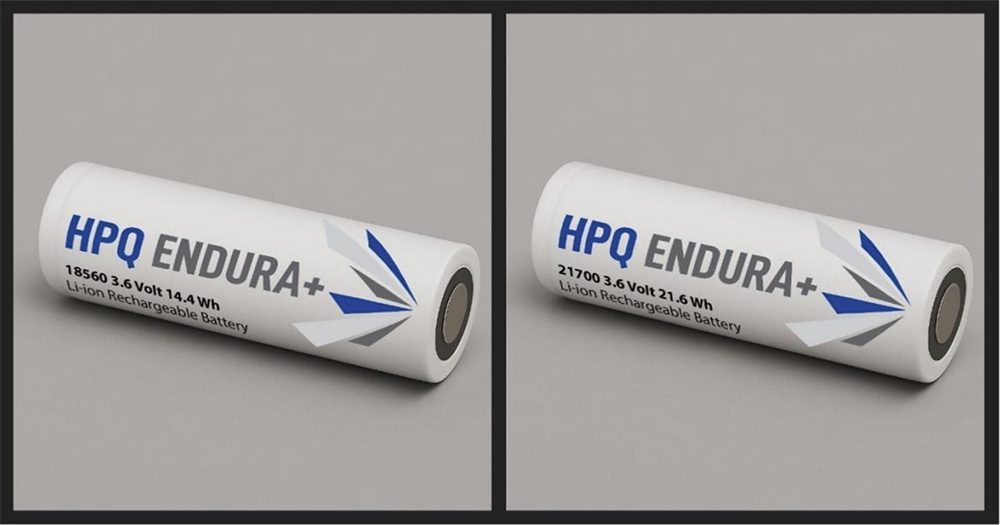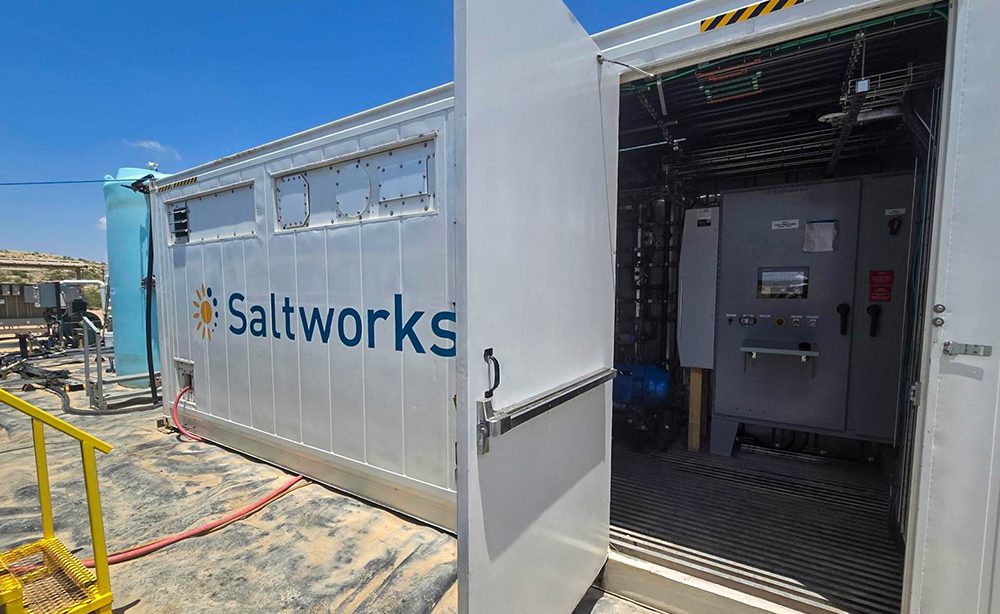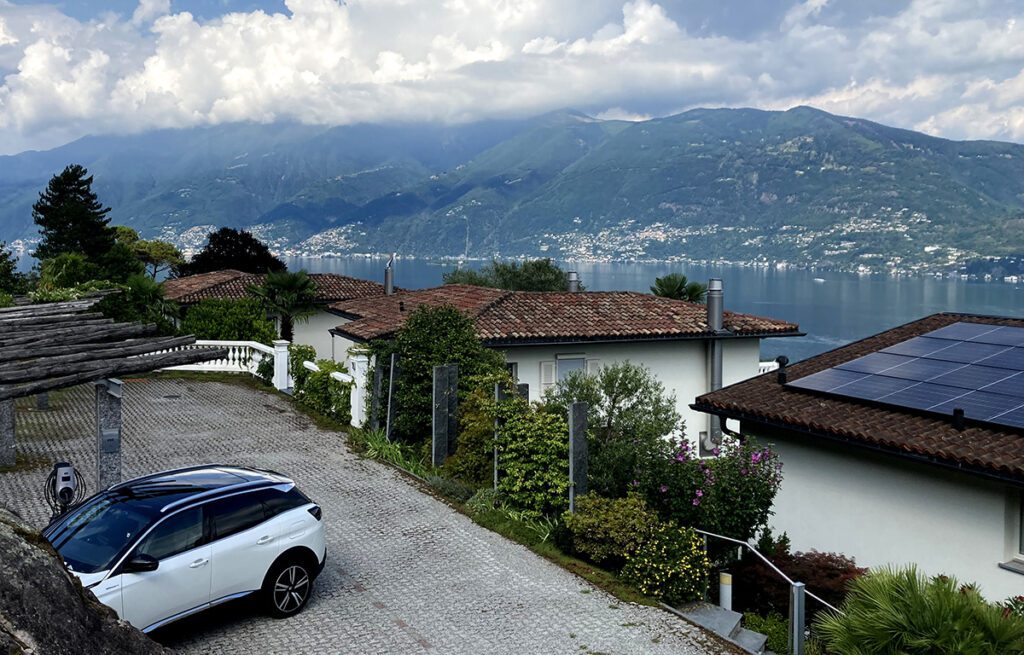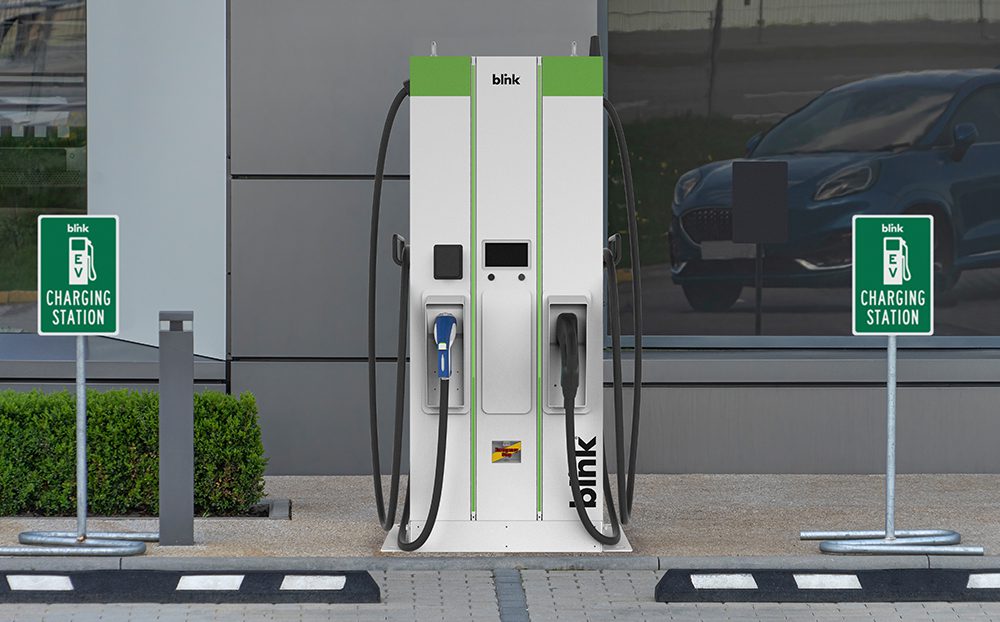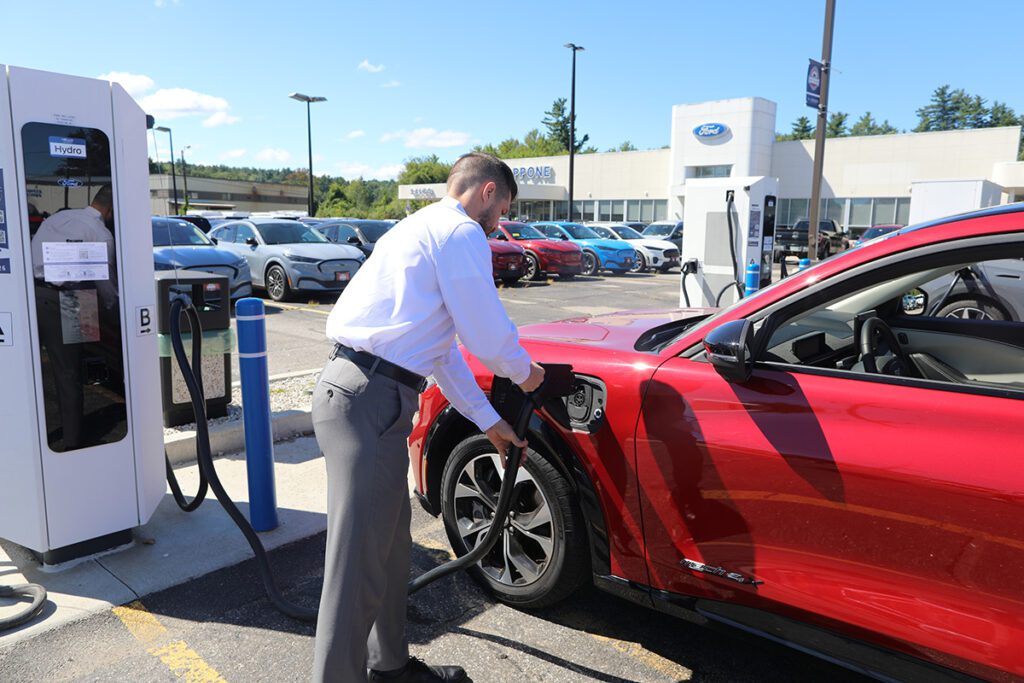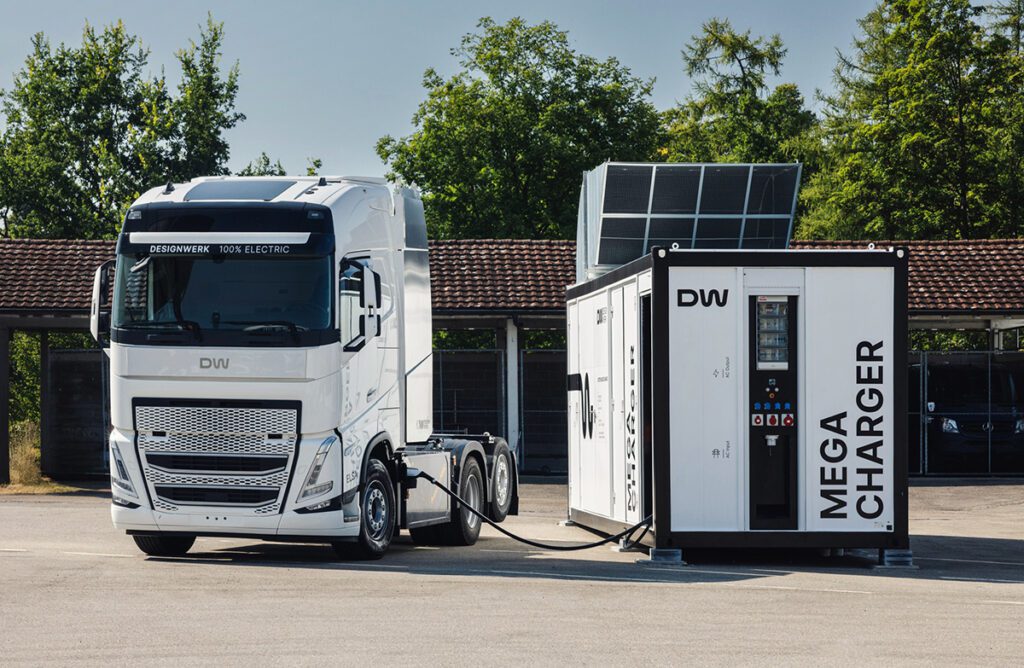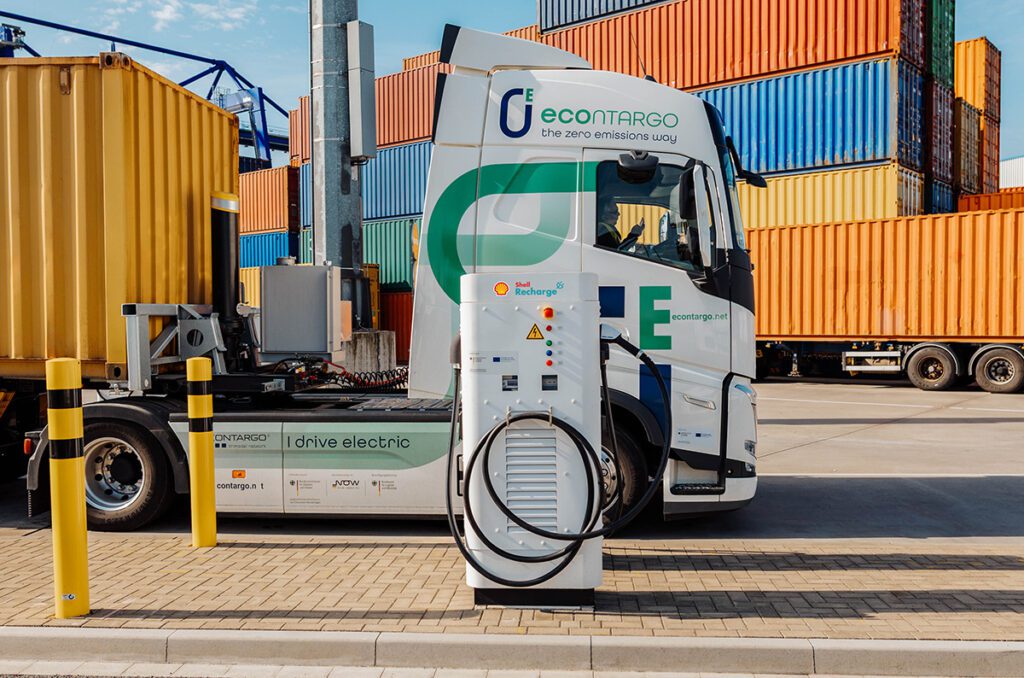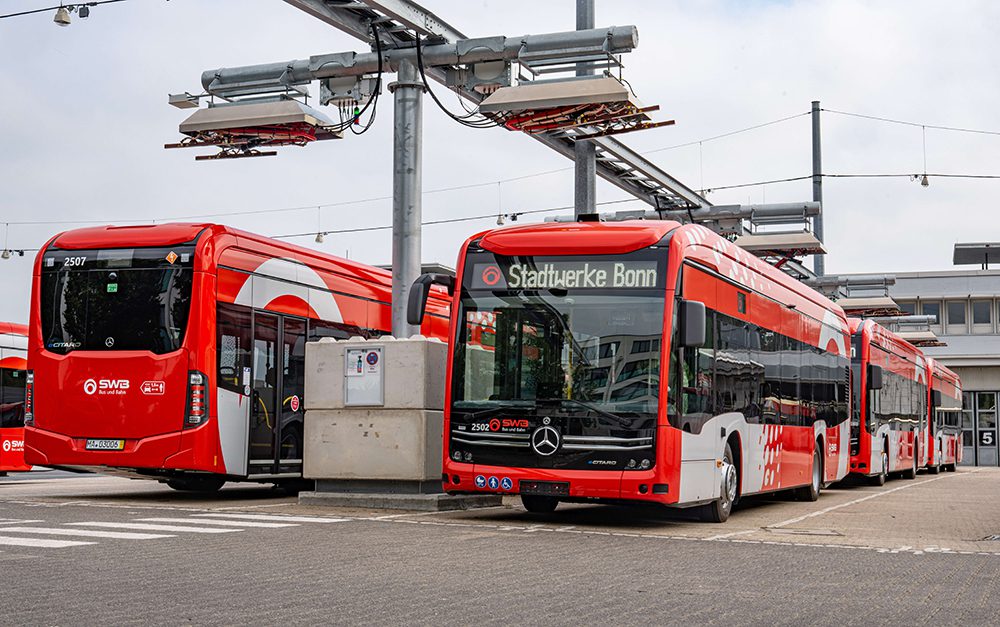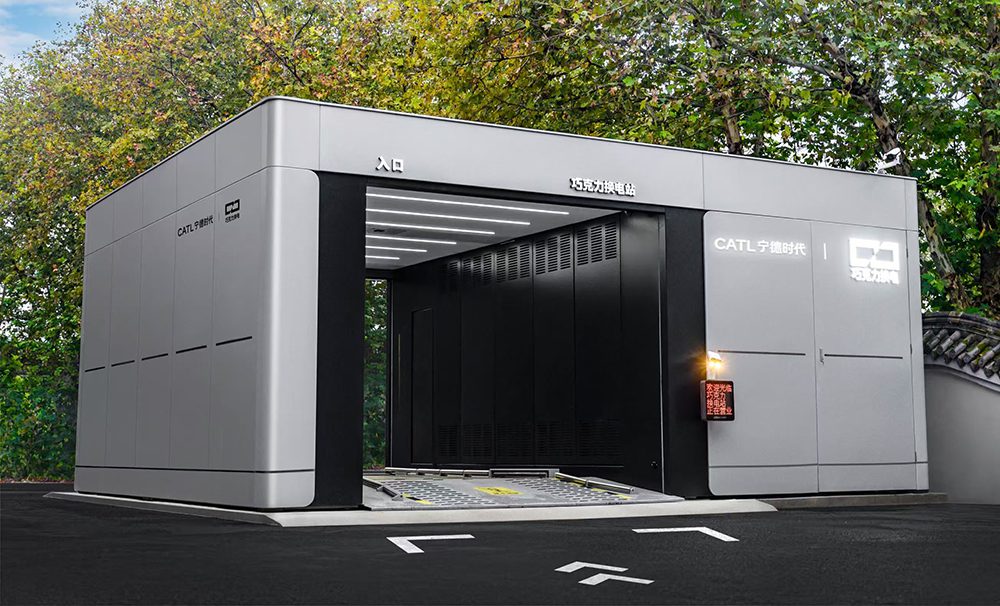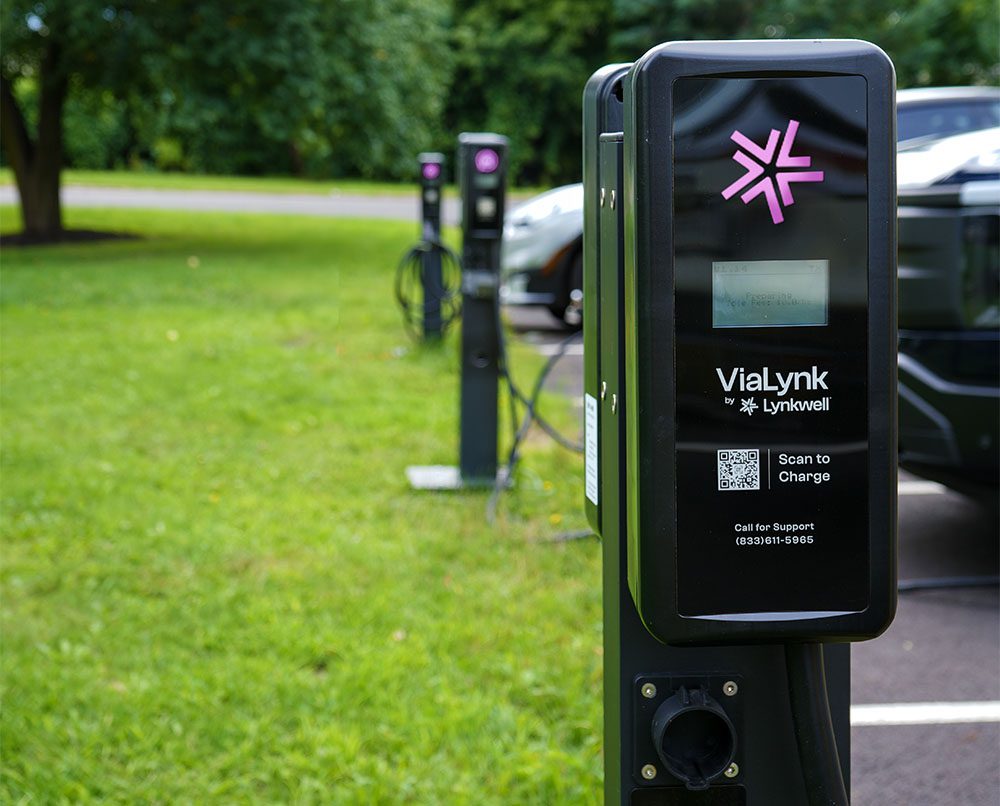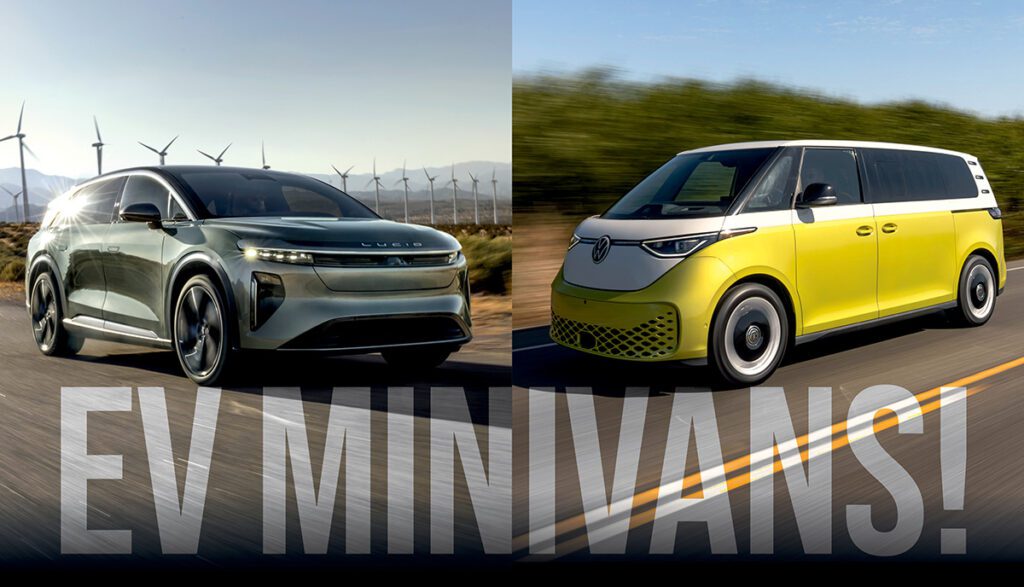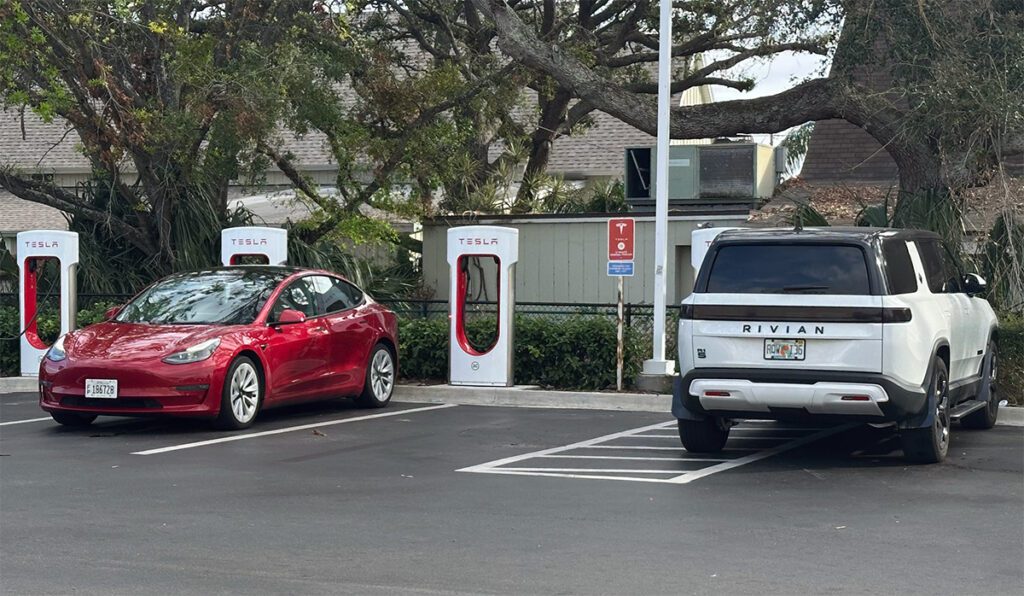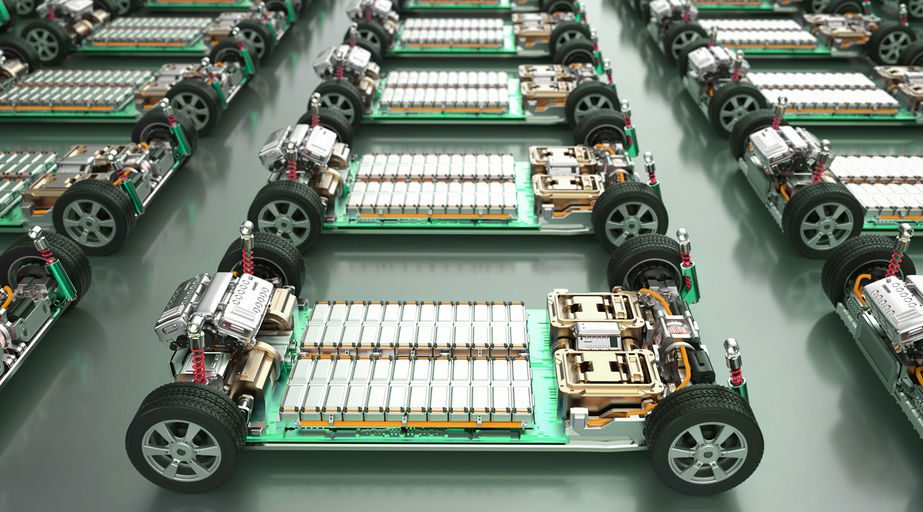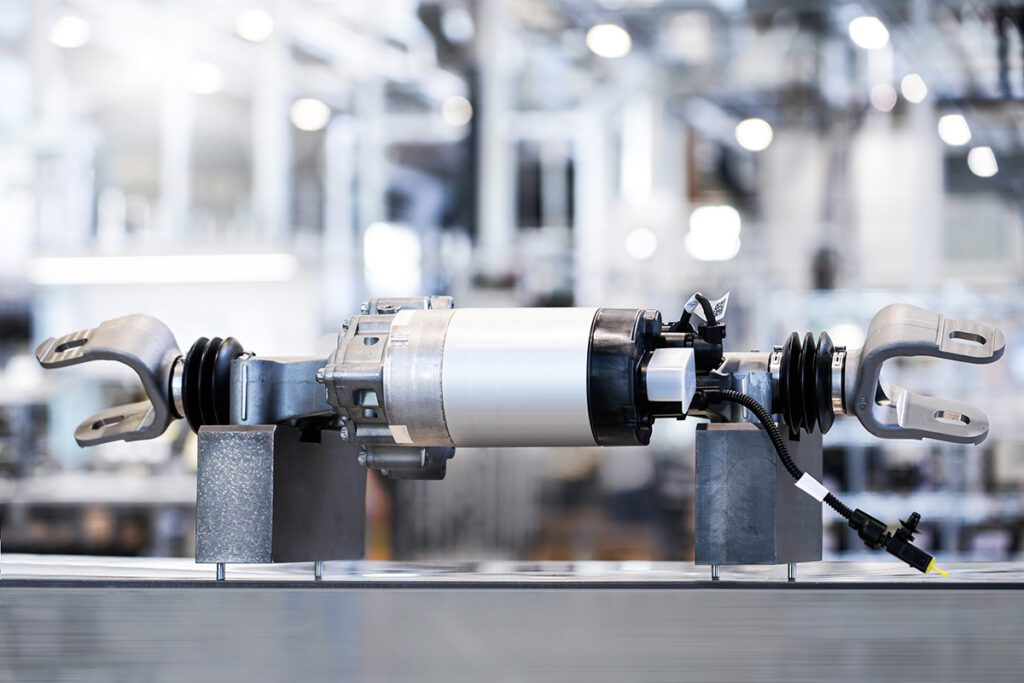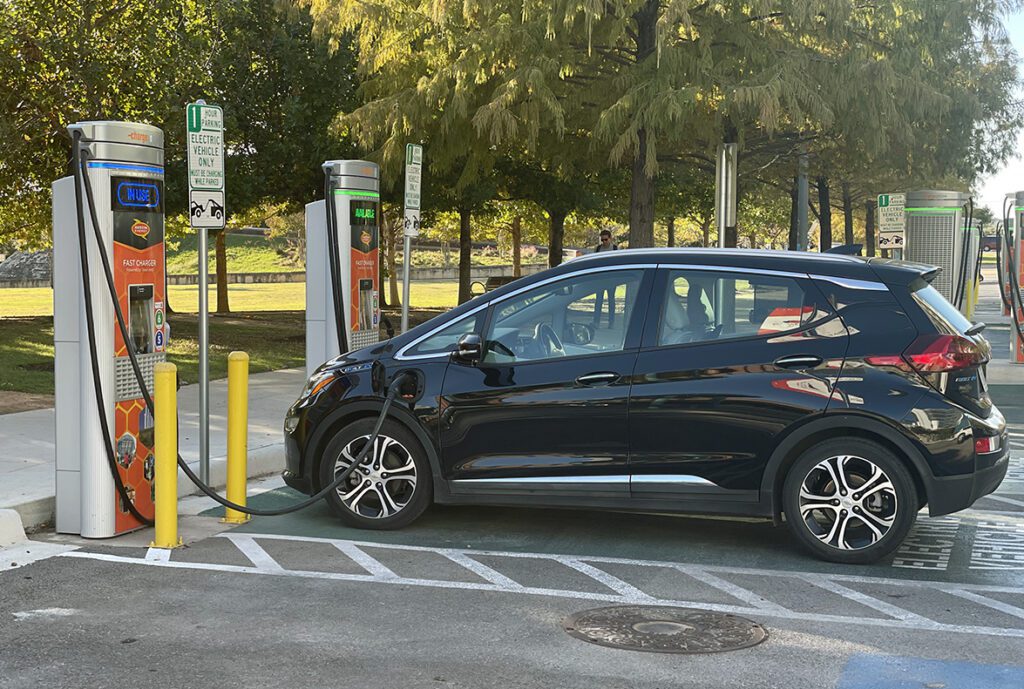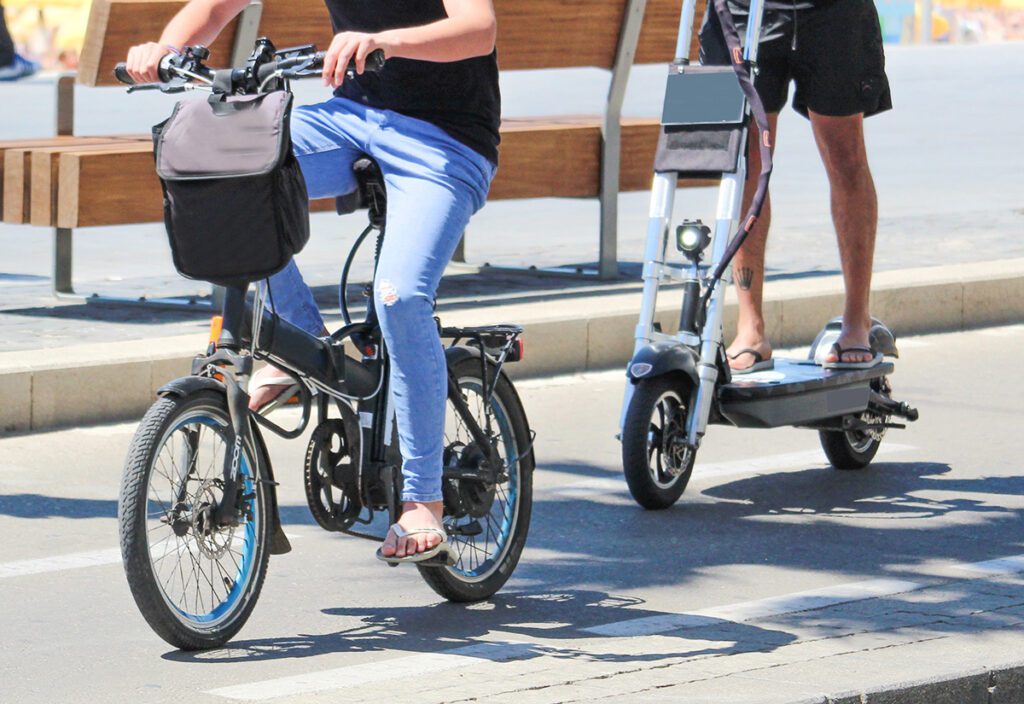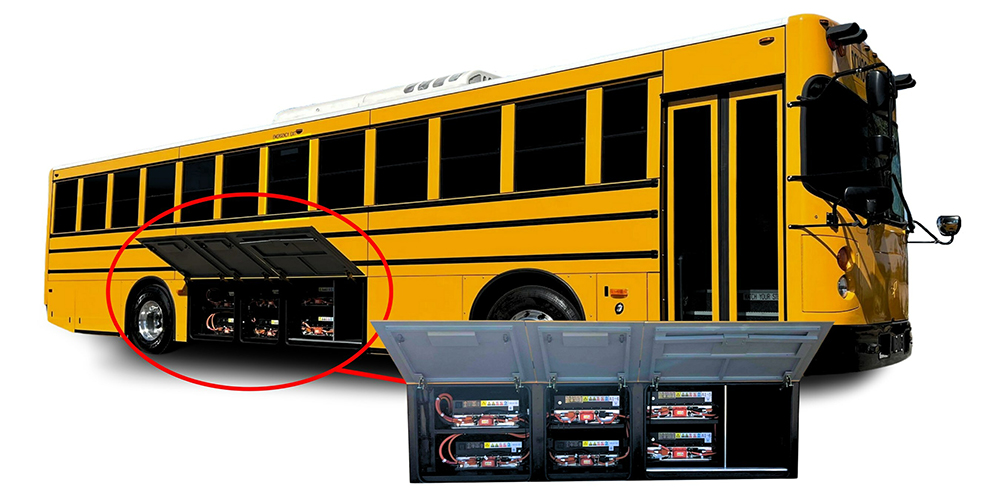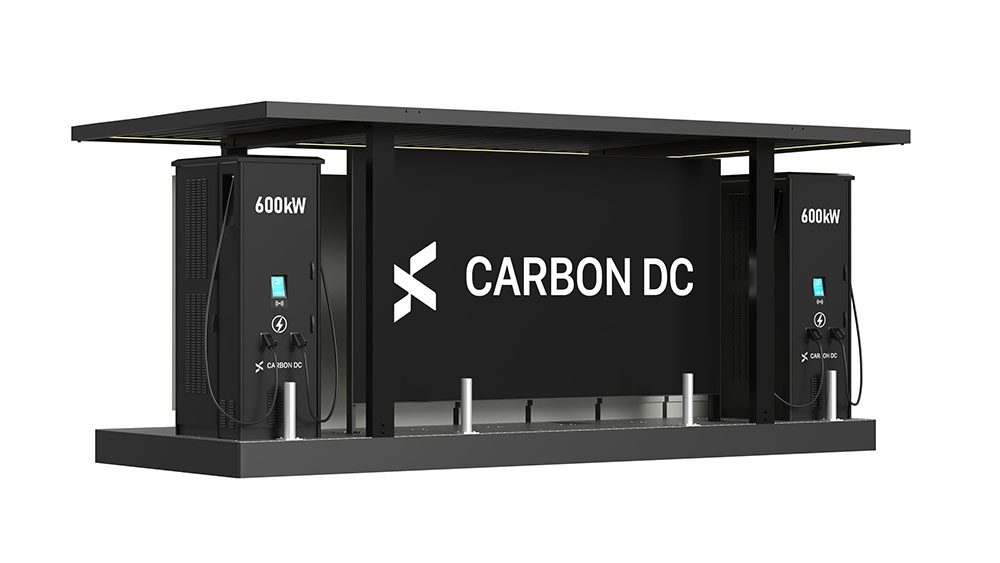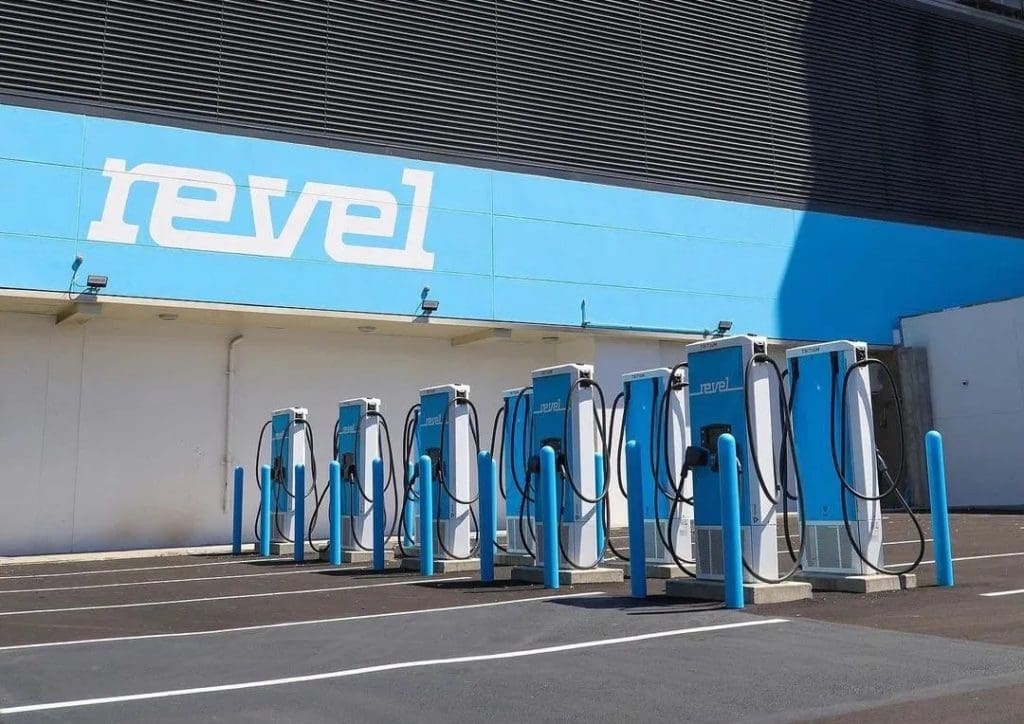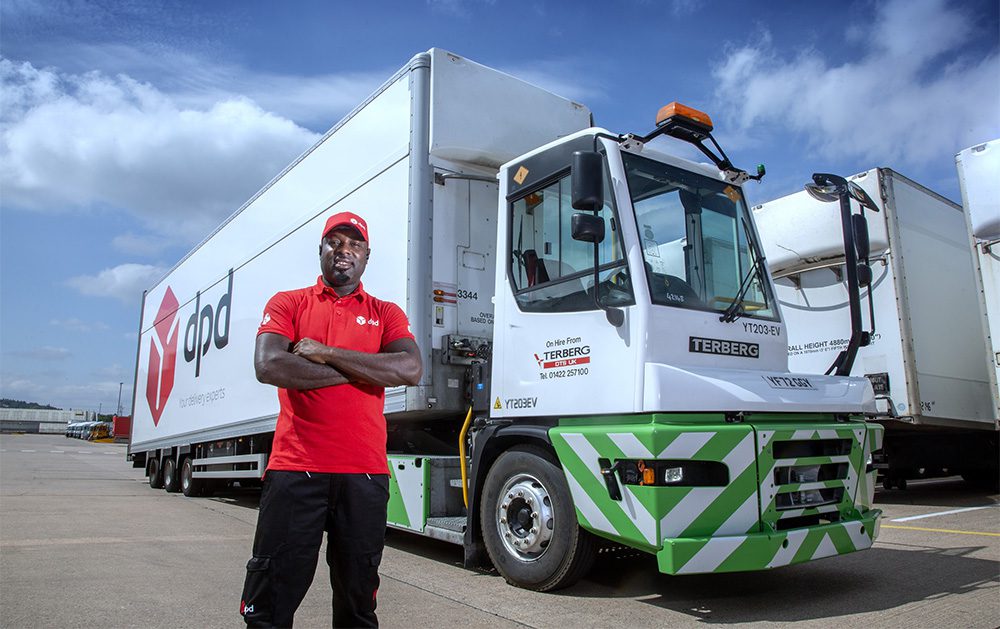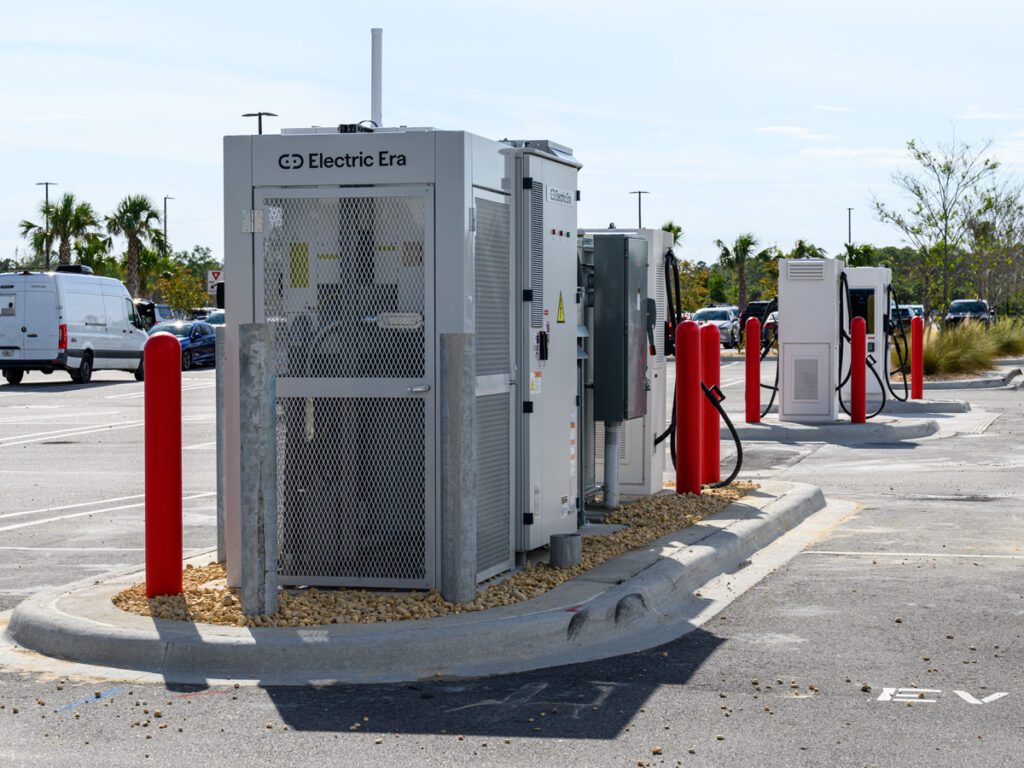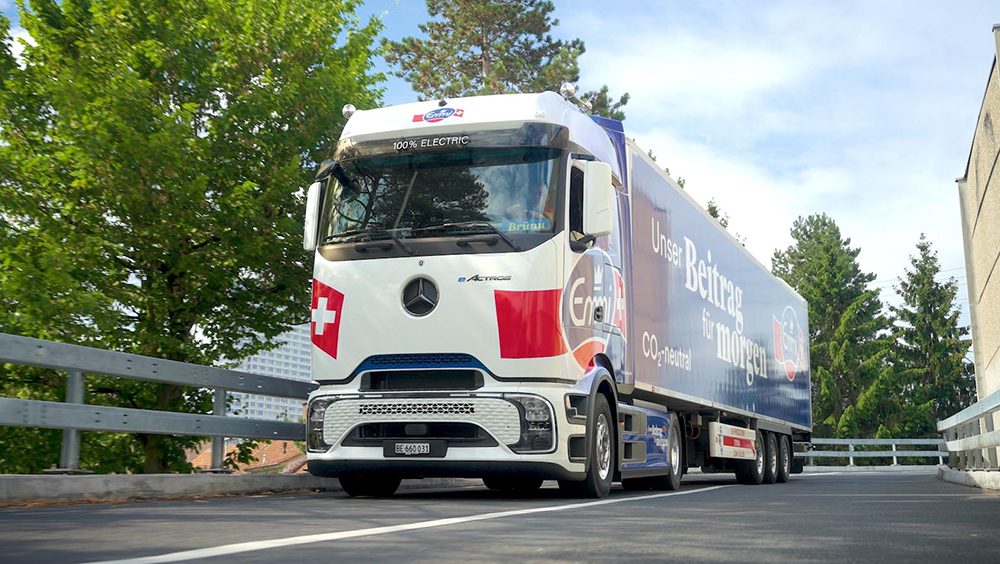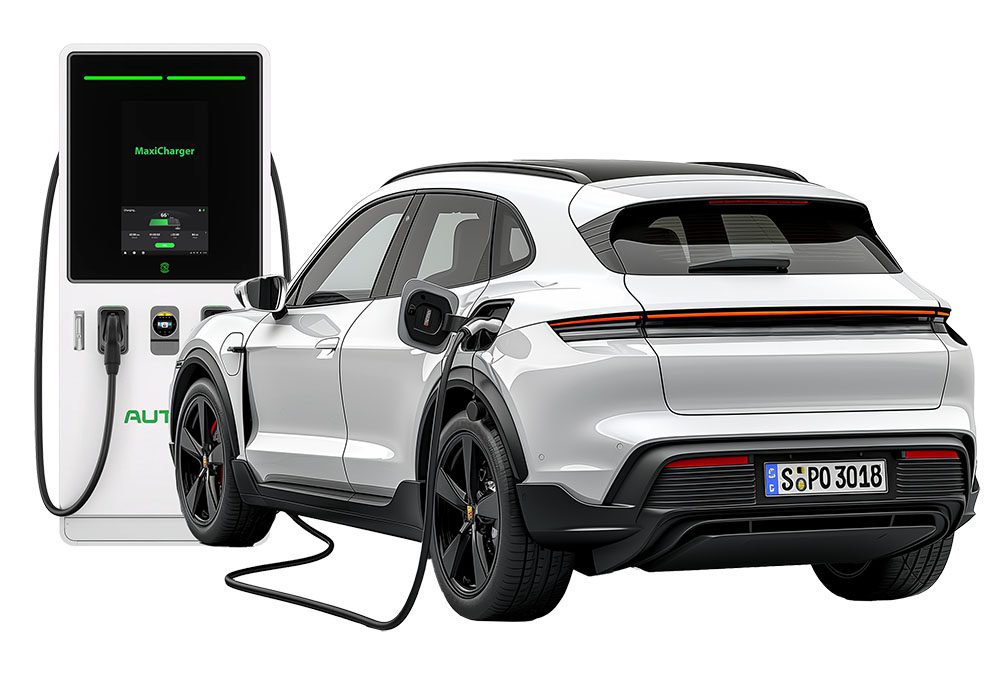During this presentation at next week’s Virtual Conference on EV Engineering, you will discover how NXP’s S32K39 dual traction inverter demo works. The S32K39 has the ability to run two 3-phase SIC or GAN-based inverter motors with 200KHz control loops while being ASIL D compliant with NXP´s FS26 PMIC and GD3162 gate driver.
Other sessions at our Spring Virtual Conference include:
New Vehicles Deserve Better Cooling Lines: Introducing Zytel LCPA Resin and Santoprene TPV
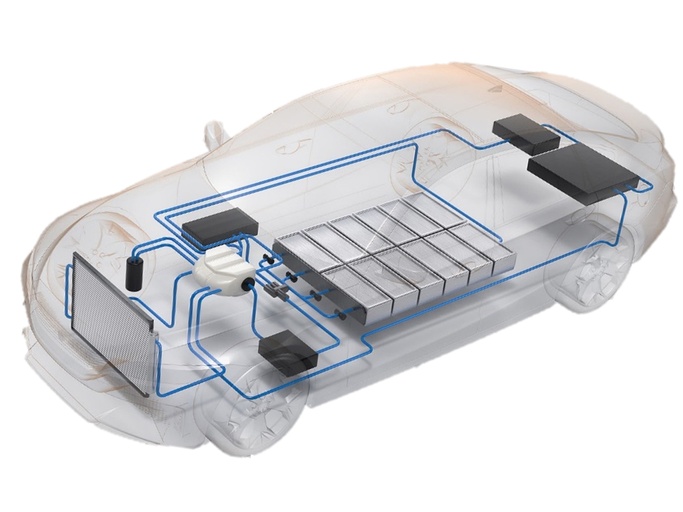
EV batteries have the potential to overheat, leading to a thermal runaway event. But even milder temperatures have a negative effect on EV battery performance and longevity, making thermal management systems essential.
In this presentation, we will discuss a variety of configuration possibilities, with stiff and flexible sections as necessary, as well as highlight the thermoplastics in our portfolio that enable these solutions (and, we will argue, are better than the incumbent solution). We will present data on key properties such as permeation and electrical properties after coolant exposure, and compare/contrast among the various commercially available solutions.
Other sessions at our Spring Virtual Conference include:
The Goldilocks Problem: Balancing Internal Forces Within An EV Battery Module Or Pack
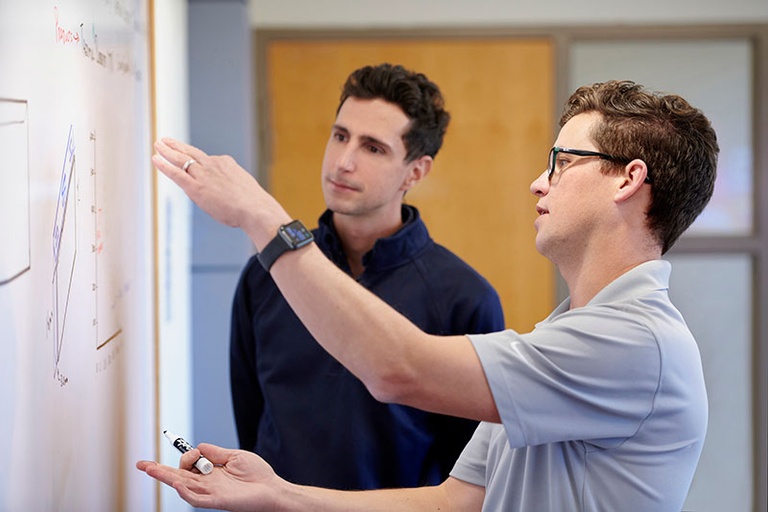
Li-ion cells often have strong opinions about their clamping pressures, wanting neither too hard, nor too soft. It’s a classic “Goldilocks problem,” with a sweet spot that balances electrochemical performance, cell life, and mechanical retention. Goldilocks also changes her mind, often, as the cells breathe and swell through a lifetime of usage. When designing modules and/or packs, engineers must not only strike this balance at beginning of life, but also over the life of the vehicle, while also protect against thermal runaway.
In this session, we will explore factors battery engineers need to consider when optimizing performance while meeting safety requirements. Attendees will develop an understanding of how cell-to-cell barriers influence mechanical design. We will also review simplified models for a balanced mechanical design.
See the full session list for the Spring Virtual Conference on EV Engineering here.

Broadcast live April 17 – 20, 2023, the conference content will span the EV engineering supply chain and ecosystem, including motor and power electronics design and manufacturing, cell development, battery systems, testing, powertrains, thermal management, circuit protection, wire and cable, EMI/EMC and more.




